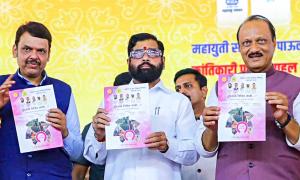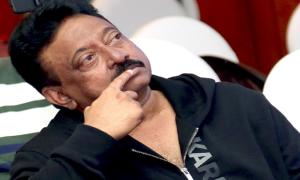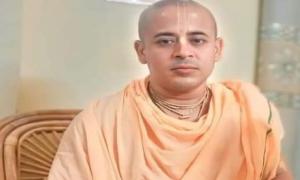Jindal, who was the front-runner according to all opinion and exit polls, pulled ahead from a pack of democratic challengers led by Lieutnant Governor Kathleen Blanco, and built steadily on his lead as counting progressed.
At last count, he had obtained 33 per cent of the votes, at the three-quarter mark in the counting; Blanco came second with just over 20 per cent.
Polling officials in Louisiana estimated a voter turnout of between 60-75 per cent, as the state went to polls to elect a governor, lieutenant governor, and 998 other statewide and local officials.
The marquee race is the one for governor, featuring Republican Bobby Jindal versus five leading Democratic candidates: Lt. Gov. Kathleen Blanco, Attorney General Richard Ieyoub, former US Representative Claude Leach, former state Senate President Randy Ewing and former state Senator J E Jumonville.
Jindal and Blanco were, on polling day, seen as front-runners, though newspapers Thursday reported a late erosion of support for Blanco as per all available polls.
While Blanco blitzed area households with phone messages drumming up support, and Ieyoub, another front-runner, sought to get the unions affiliated to the powerful AFL-CIO to turn out in his support, Jindal with pregnant wife Supriya barnstormed the state in an eight-seater Beechcraft, orchestrating a series of whistle-stop stump speeches designed to get him maximum exposure on local television channels.
Jindal focused, in meetings attended by anywhere between 50 to 500 people, on his core issues: job creation, accountability in education and ethics in government.
The interesting factor in the race is the fact that even on the morning of polling day, a large number estimated at 25 per cent or over of the 2-million plus voters remained 'undecided'.
Polling began at 6 am and ended at 8 pm; voting took place at 4,143 precincts across the state.
Two unusual aspects fuelled by the fact that the US is now involved in military adventures in Afghanistan and Iraq are the fact that for the first time, some of the parishes are accepting e-mail ballots from soldiers.
Also, soldiers from the Louisiana region serving in the two hotspots are being offered the option of voting via the Internet.
Internet voting was only tried and that too as a pilot program once before, in Dallas during the 2000 presidential elections.








More from rediff